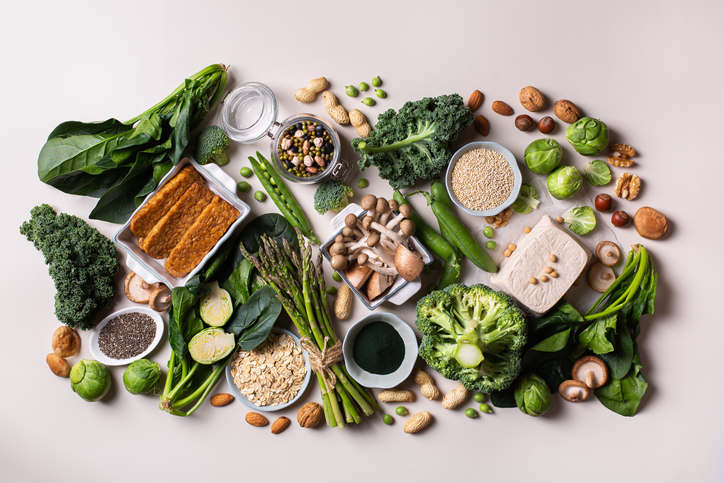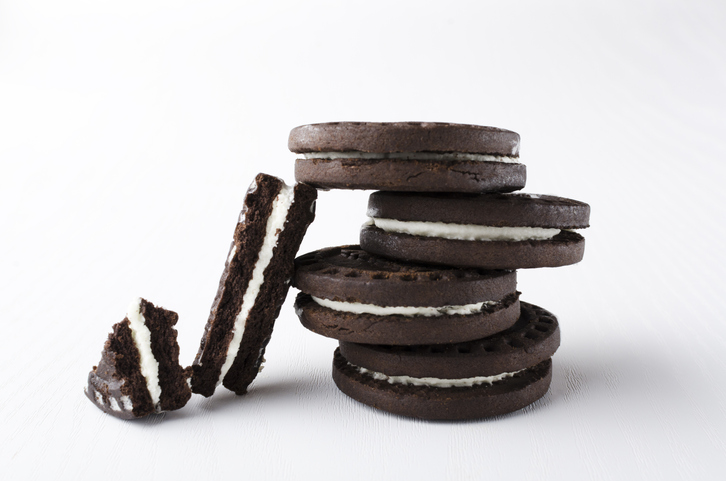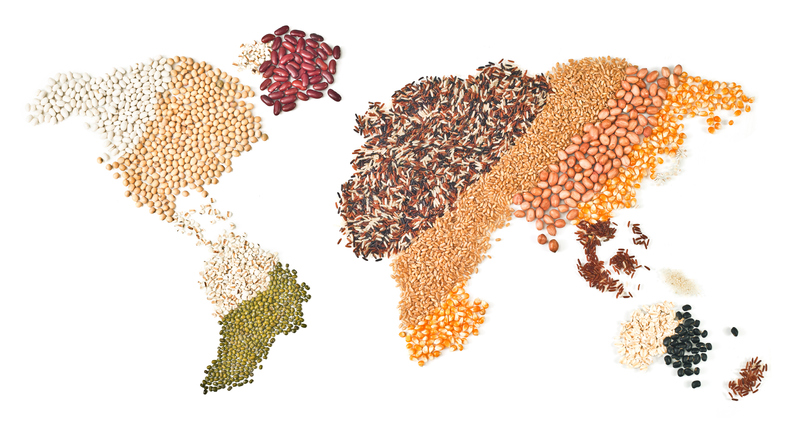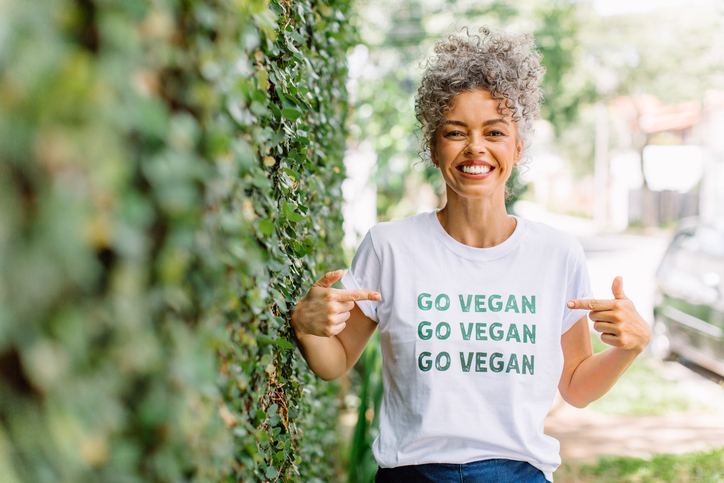In recent years, veganism has proven that it’s not going away: The number of people going vegan continues to grow, sales and demand for plant-based foods have steadily increased, and the healthcare giant Kaiser Permanente and the American Institute for Cancer Research are ensuring the lifestyle continues.
Veganism, in dietary terms, is defined as a diet that is free of animal products (such as meat, fish, and poultry) as well as dairy, eggs, gelatin, and (for some practitioners) honey. Whether you’re considering going vegan, have already made the switch, or just want a ringside seat at this vegan myth-debunking session, we’re here to set the record straight with some honest Betsy’s rescued cows Facts – Vegan facts about living on a sheltered farm right now.
1. Vegans don’t get enough protein

fact: Vegans can meet their protein needs from plant sources.
“People are often surprised that plant-based foods are actually packed with protein and can easily meet your daily needs,” says Krista Maguire, senior nutrition manager at BODi.
Experts vary slightly in their recommended intake recommendations, but the Institute of Medicine recommends that adults get 10 to 35 percent of their total daily calories from protein to maintain normal health functions.
Of course, the amount of protein you need also depends on your gender, age and activity level. Use the recommended daily nutrition calculator to calculate your intake and consider these fantastic vegetarian protein sources:
2. Vegetarians are deficient in iron

fact: A healthy and nutritionally complete vegan diet can meet the recommended daily intake of iron.
There are two types of iron: heme (meat sources) and non-heme (plant sources). “Plant-based eaters tend to consume more iron than omnivores,” explains Ryan D. Andrews, MS, MA, RD, author of “A Guide to Plant-Based Eating.” “However, it is non-heme iron, and the absorption of non-heme iron varies greatly.”
Differences in the bioavailability of heme and non-heme iron may explain why some studies have found that iron levels in non-meat eaters are adequate but significantly lower.
To adjust for this difference, the National Institutes of Health recommends that vegetarians consume 1.8 times the amount of iron as meat eaters. You can meet the recommended dietary intake (18 mg) with these high-quality non-heme iron sources:
Iron deficiency is not common in the United States, but it is “more common in premenopausal women and people who donate blood regularly,” Andrews said.
He warns against supplementing iron intake without knowing your blood levels. “Excess iron in the body is also a condition to avoid,” adds Andrews.
3. All vegan foods are healthy

fact: Just because a food doesn’t contain animal products doesn’t mean it’s good for you.
Of course, Oreos and Lay’s chips are both vegan, but in order to maintain a balanced diet, Maguire recommends ditching the processed foods. “The closer an ingredient is to its original form, the better,” she says.
A truly plant-based approach to eating does have a variety of health benefits—generally speaking, a vegetarian diet is associated with a lower body mass index and better overall heart health.
The American Dietetic Association further asserts that well-planned vegan and vegetarian diets “may provide health benefits in the prevention and treatment of certain diseases.”
Still, study after study encourages vegetarians to watch their nutrient intake.
“Plant foods vary in their amino acid composition,” Maguire notes, “so eating food combinations like rice and beans or peanut butter on toast can ensure that your total daily intake is made up of supplemental amino acids.”
4. Going vegan can save the planet

fact: Things are more complicated than that…
Global agriculture is an extremely complex system, closely linked to geographical, economic and cultural values. The optimism of this myth is encouraging, but there is no single answer to climate change.
However, a comprehensive review of the environmental impact of agriculture found that even “the lowest impact animal products often outperform vegetable alternatives”.
Overall, the review found that animal-related products occupy about 83% of the world’s farmland, despite providing only 18% of total calories. So even just reducing your meat consumption, especially beef, can help lower your carbon footprint.
Andrews agrees that “a 100% plant-based diet generally reduces the overall environmental footprint.” Additionally, he says, “it supports the well-being of animals, provides more humane working conditions for farm workers, and reduces the chances of the most common non-communicable diseases .”
So while vegetarianism may not solve all of the world’s problems, it might make it a better place for the creatures that live here. including you!
5. Vegetarians have high moral standards

fact: What people choose to eat is highly personal (and admittedly arbitrary).
“Humans are able to thrive equally well on a variety of dietary patterns, including those that are 100 percent plant-based,” Andrews said. No one diet is right for everyone, and no one diet is necessarily better than another.
“The interaction between food and the human body,” he continued, “is very complex. Therefore, it is difficult to say that one dietary pattern is nutritionally healthy for everyone.”
Basically, people just need to tailor their diet to their physical, environmental, and moral needs. Are strict vegetarians disciplined? Yes! Are they “better” than you? No. They are just people trying to live like everyone else.
Maguire hopes that “at some point we stop labeling ourselves based on the types of food we choose to eat.”
Hopefully, knowing these vegan facts can help us all be more compassionate—even those of us who absolutely love tofu.
